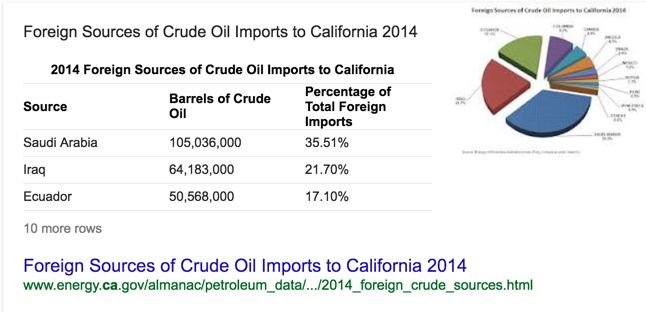Independent Voter Project Conference: Clean Energy Push Has Serious Economic Costs

California is a leader in clean energy innovation. But energy innovation does not come without a cost.
The simplistic discussion about energy policy at the national level usually comes down to this: you either want to protect our environment, or you are a climate change/science denier.
In this two-sided partisan world, a practical discussion of consequences gets lost.
During this year’s Business and Leadership Conference, hosted by the Independent Voter Project, lawmakers, business leaders, and energy experts from California and Texas discussed the reality of California’s clean energy goals, the economic trade-offs, and how more practical policy making could lead to cleaner energy and a brighter future for California.
The Democratic and Republican legislators, the industry experts, and the business leaders that participated universally agreed: these regulations are leading to an energy cost reality that is not sustainable.
By in large, California is meeting or exceeding most of the clean energy goals set by AB 32 -- but the rapid pursuit of clean energy does have consequences. Over a dozen energy-related bills have been signed into law in just the past few years, creating a patchwork of mandates and regulations that are making compliance increasingly difficult and forcing energy prices higher.
This year, AB 197 extended the climate goals enacted by the Global Warming Solutions Act of 2006 (AB 32), through 2030. The bill requires a statewide reduction of carbon emissions to levels that are 40% lower than the baseline year of 1990.
The panel discussed what effect these clean energy bills have had on the state’s energy sector since AB 32 initiated the clean energy effort a decade ago. By 2010, for example, California’s commercial sector paid 28% more for electricity than the national average. The industrial sector paid 44% more than the rest of the country. But over the last 5 years, California’s energy cost premium has accelerated even faster -- now 49% higher for commercial and 79% higher for industrial energy than the national averages.
The consequence? California is dead last in attracting manufacturing investments, per capita, in the entire country.
With a new presidential administration that has indicated its intent to protect and encourage domestic manufacturing -- will California be missing out on a serious opportunity to create the stable middle-class manufacturing jobs that used to be the bedrock of the California economy not too long ago?
And the high cost of energy doesn’t just infect the commercial and industrial sectors. California’s residential consumers are experiencing an even more rapid increase in energy prices: with prices increasing from $.23/kwh to $.43/kwh in just 3 years for top tier consumers!
The consequence? California’s already high cost of living is making it even more difficult for families to survive, economically.
The panel also discussed the reality of California’s oil market, which according to the California Energy Commission, is the third largest market in the world -- behind only China and the United States as a whole. Additionally, according to the Los Angeles Economic Development Corporation, 2.4 million jobs in California are closely linked to petroleum supply -- purchasing $24.2 billion worth of products from California’s refineries in 2013.
But, as representatives from the oil industry, energy experts, and the bipartisan legislative panel discussed -- the clean energy regulations that have been placed on California’s oil industry is making it increasingly cost-prohibitive to produce oil in California.
As a result, oil is increasingly being shipped into California from countries like Saudi Arabia, Iraq, and Ecuador.
The consequence? (1) California’s labor force loses jobs, (2) California's government loses out on business taxes, and (3) California ends up using oil that is produced in countries that have, literally, zero clean energy standards -- supporting their economy instead of its own.
The panel universally agreed that voters and legislators need to be educated. A significant obstacle in the creation of practical public policy is the partisan-based narrative that encourages extremism on both sides of the clean energy debate. Another obstacle is the lack of institutional knowledge about the issue -- 70% of California’s legislature has been in Sacramento 5 years or less.
The purpose of IVP’s Business and Leadership Conference is to elevate the conversation among legislators, business leaders, and industry experts who, in the public narrative, may appear to be at odds much more than they actually are.
No conclusions were drawn, but the conversations and lively debate foreshadow an even broader discussion in Sacramento in the following year.
Photo Credit: mikeledray / shutterstock.com





